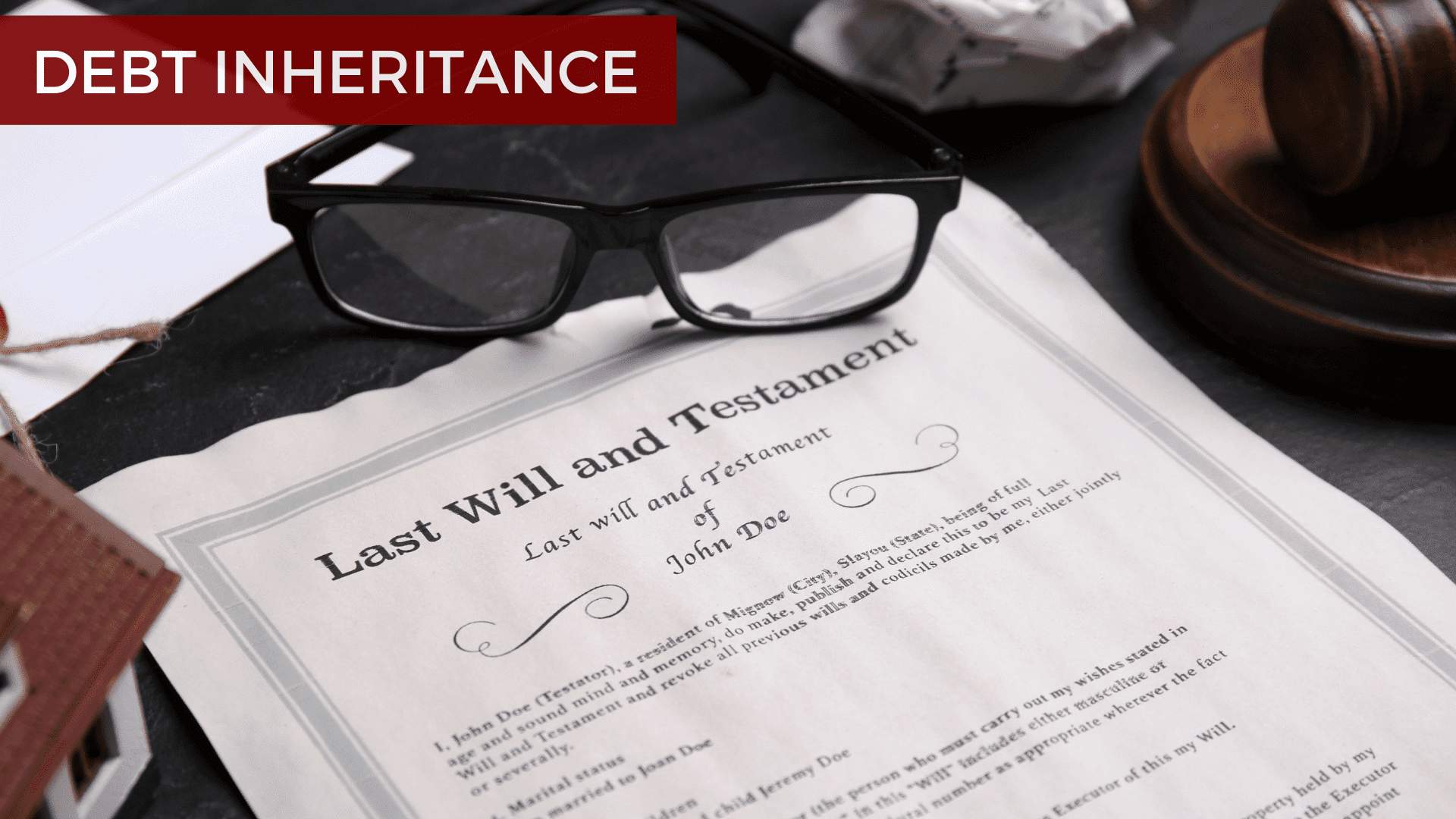Your rights around inheriting debt in Canada can vary depending on several factors, including provincial…

Three Types of Debt Consolidation
How does debt consolidation work?
In essence, it is combining multiple debts into one payment for the benefit of simplicity, lower interest fees and lower monthly payments. People often talk about debt consolidation, but did you know there are 3 different avenues to this vague catch phrase? Consolidation loans are probably the most well-known type of debt consolidation, because they are probably the most marketed. Mortgage consolidation, that is, refinancing your mortgage to consolidate debt, is a popular option for homeowners with significant equity and a relatively high interest rate mortgage. Debt consolidation programs, also known as credit counselling, is the third and probably lesser known type of debt consolidation.
Consolidation Loans
Consolidation loans are one way to consolidate debt. Once approved for the consolidation loan, your current high-interest debt (such as credit card debt) is transferred to the consolidation loan by way of paying it off with the loan. The consolidation loan will have a lower interest rate than credit cards and other high-interest debt, however it will not be as low as a mortgage interest rate or other secured credit interest rates.
Many people choose consolidation loans simply because they do not qualify for the mortgage refinancing consolidation (or it doesn’t make fiscal sense in their situation) as well because they are unaware of credit counselling consolidation programs. One thing to consider here: are you shuffling your debt from one place to another? Do you have a specific and reasonable timeline in which the debt will be paid off?
Consolidating Your Mortgage
Consolidating your mortgage means increasing your mortgage principal and/or amortization period in order to “free up equity” to pay off high-interest debt. The debt is essentially being transferred from credit cards, etc. to your mortgage. Again you are consolidating into one easy payment and reducing interest fees and monthly payments. But with this option there are criteria which must be met in order to be beneficial, and there are nuanced negatives as well.
1. You need enough equity. Your new expanded mortgage will only be approved up to 80%-85% of your home’s equity, so you had better have significant equity already in order to cover your debts and the fees associated with this option (more on that below).
2. You need a lower interest rate. Your refinanced mortgage will need to be at least 1% lower interest rate than it is currently in order to balance out the fees and extended payments of the consolidated debt.
3. You have to cover the fees. If you refinance in the middle of your mortgage term, you will have to pay an early payout penalty, which could be between 3%-6% of your mortgage depending on your specific mortgage terms. As well, if your new mortgage requires mortgage insurance you will have to add that to the bill. You may also have to pay legal fees involved with having your home value assessed, and other legal requirements of mortgage refinancing. Ask your mortgage lender for details of all fees and costs incurred before refinancing.
4. When it comes to mortgage consolidation, you are talking about extending the life of your previously unsecured debt for a much longer period of time. For example that vacation you put on credit card and then consolidated to your mortgage is now going to take 25 years to pay off, along with all the other debt, as opposed to being paid off in the short term.
5. Another subtle setback of the mortgage consolidation route is reduced equity in the home and a higher likelihood of bankruptcy down the road. Many people who have acquired high interest debt and managed to reduce their payments with mortgage consolidation are still in the habit of living beyond their means and acquiring new debt. If you will be likely to use your monthly savings for repaying the mortgage faster, as well as saving for retirement and emergencies (preventing the need for future debt) then this strategy could work for you. However if you continue to acquire debt as you had before, then you are using your equity to increase your debt load, and setting out on the path to bankruptcy.
Debt Consolidation Programs
Debt consolidation programs are very different from consolidation loans and mortgage refinancing because they do not involve any new credit. The Credit Counsellors who offer these programs become a bridge between you and all of your unsecured lenders – they accept one monthly payment from you and disperse that to all of your creditors. The high interest rates are reduced by the creditors via their written agreement when you sign on to the debt consolidation program.
The catch, although many times a benefit, is that debt consolidation programs are mandated by the government to extend a period of no longer than five years. This means that your unsecured debts will be repaid within five years or less (great!) although it may mean that your monthly payments on these debts will be higher than with the other consolidation options, simply because you are paying if off faster.
For some, the monthly payments will be too high because their income has recently decreased or because their unsecured debt level is extremely high. But if you can afford to repay your debts within five years at the reduced interest rate, then a debt consolidation program could be an excellent option for you. To see if you quality and how much your monthly payment would be, contact Solutions Credit Counselling for a free consultation.
Debt consolidation takes many forms and assumes many names, so if you have unsecured debt to pay off I encourage you to do your homework, become familiar with the terms and know your options to find out which is the best decision for you. If you would like to talk to a credit counsellor to learn about all of your debt consolidation options, call toll-free 1-877-588-9491.












